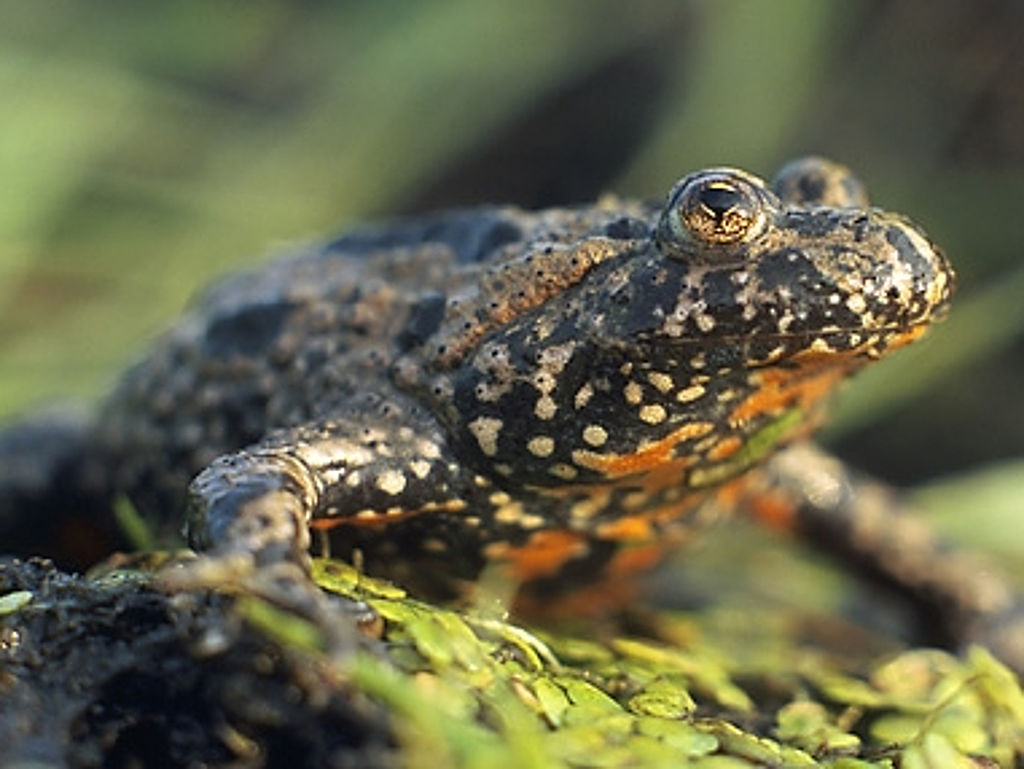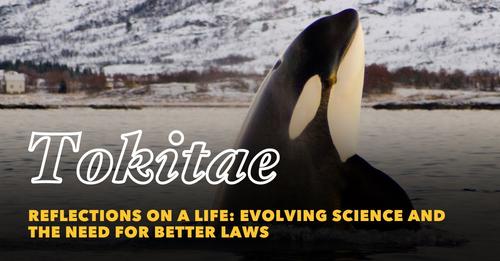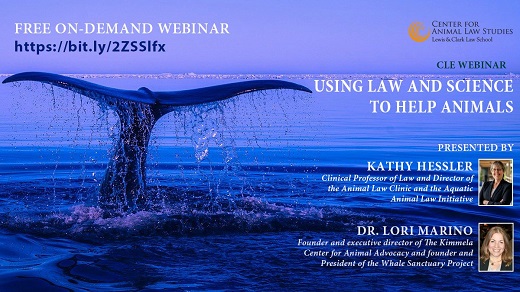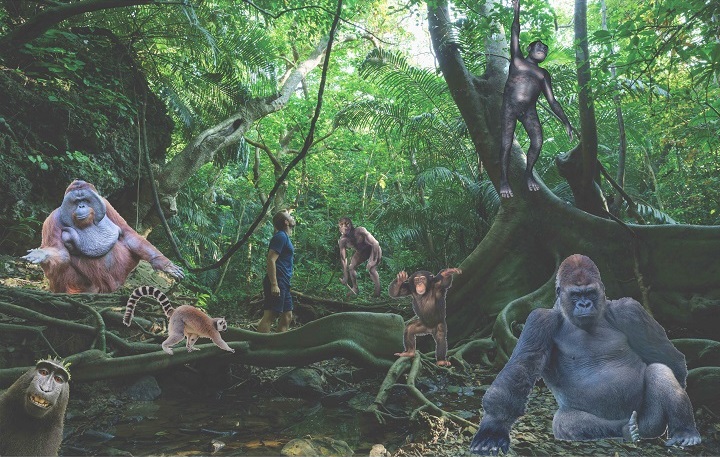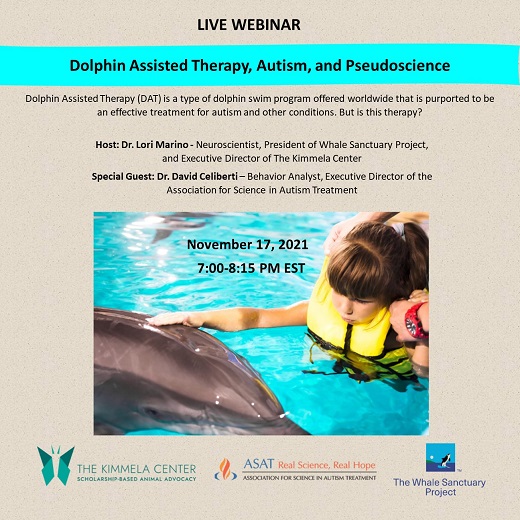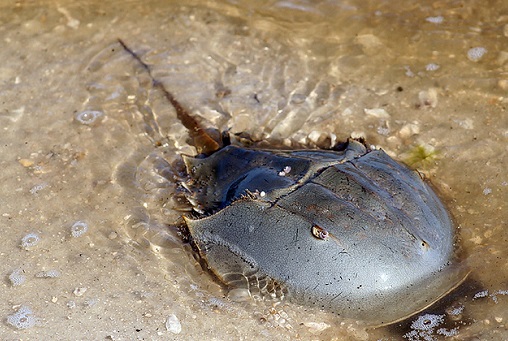A New Declaration on Animal Consciousness
How much are we willing to harm other animals to prove they shouldn’t be harmed?
On April 19th, 2024, the New York Declaration on Animal Consciousness was launched at a conference at New York University. Initiated by Jeff Sebo (New York University), Kristin Andrews (York University) and Jonathan Birch (London School of Economics and Political Science) it was initially signed by 40 scientists, philosophers, legal scholars and others in relevant fields of study.
The starting point for the declaration is the extremely strong evidence that mammals and birds have conscious experience. By consciousness, the document is referring to sentience, awareness, and the ability to experience positive and negative interactions with the world, such as pain and pleasure. It goes on to argue that, based on the science, there is a convincing possibility that other non-mammals – e.g., fish, reptiles, amphibians, and some invertebrates, including octopuses, crabs and insects – might also be conscious.
Finally, the authors state that “it is irresponsible to ignore that possibility in decisions affecting that animal. We should consider welfare risks and use the evidence to inform our responses to these risks.”
As someone who has worked for more than 30 years in the areas of animal sentience and intelligence, I applaud this Declaration and I am a signatory. It is laudable because it is based on empirical science and promotes the idea that what we learn about other animals should have real consequences regarding how we treat them.
Such declarations only have power if they modify our behavior toward nonhuman animals.
I’ve followed that maxim in my own work. In 2001, I co-authored a paper with Diana Reiss (a New York Declaration signatory) demonstrating that bottlenose dolphins recognize themselves in mirrors. Apart from the scientific value, I realized that there were moral implications to our findings. It seemed to me that if dolphins are indeed self-aware beings who, like us, recognize themselves in mirrors, then it would not be moral to confine them to circumstances that clearly cause suffering, e.g., concrete tanks.
Yet, the two dolphins – Presley and Tab – with whom we worked for that study lived in the New York Aquarium and spent their days forced to cope with an impoverished, unnatural environment for people’s pleasure and our research. They both eventually died at a young age. And I was left to make the only decision appropriate in that circumstance: I gave up working with captive dolphins and whales because my own findings (and many others) showed that it would be unethical to continue to promote captivity by engaging in captive research with them.
I fully acknowledge that it is not easy to find ways to address certain scientific questions, especially about brain function and perception of pain, that do not infringe upon the welfare of other animals. In many ways the study of consciousness is a catch-22. It serves as the basis for reflecting upon whether it should be done in the first place and often for welfare advocacy. But the New York Declaration, if taken seriously, asks us to deeply interrogate the status quo of causing harm, including captivity, to study consciousness.
Presently, many of the signatories to the New York Declaration on Animal Consciousness continue to promote and conduct research that causes physical and psychological suffering to the very animals they claim are likely to be conscious. One of the authors, Kristin Andrews, has strongly promoted the idea that such a declaration should be the impetus for further research into consciousness in nonhuman animals. And while she does state that welfare protections should be extended to these research subjects, there is little to no articulation of how to expand and amplify research on consciousness without causing more suffering.
In fact, much of the research the Declaration is based upon is invasive or involves keeping other animals in captivity. An earlier proclamation from Cambridge, United Kingdom, The Cambridge Declaration on Consciousness in 2012, stated similar scientific conclusions but without the ethical component. And some of the signatories went back to their labs and continued invasive research or holding animals captive.
The point is that such declarations only have power if they modify our behavior toward other animals. If we go back to our universities and continue to conduct research on consciousness by inflicting injury, pain, suffering or worse, then at what point are we willing to stop harming other animals to prove that they shouldn’t be harmed?
The new Declaration can serve as a powerful challenge to our capacity to conduct rigorous research without harm. We can rise to this occasion by aligning our behavior with our scientific findings and their implications – even when some questions might be left unanswered.
The New York Declaration on Animal Consciousness serves as a critically important first step toward a new future where science truly informs our moral perspectives and behavior. Will we take that next logical step?
Photo of Bombina-bombina frog by Marek Szczepanek Marek Szczepanek, CC BY-SA 3.0 http://creativecommons.org/licenses/by-sa/3.0/, via Wikimedia Commons

